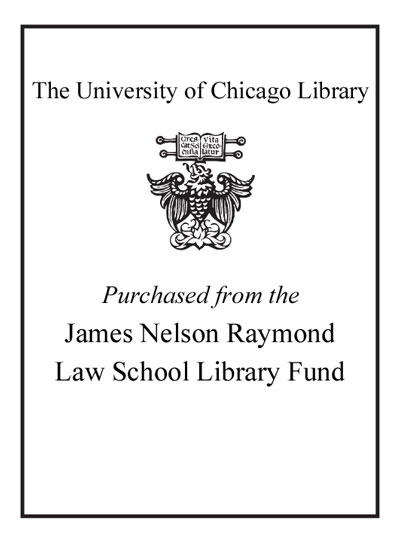| Summary: | "The right of indigenous peoples to Free Prior and Informed Consent (FPIC) in relation to natural resource extraction in their territories is a principle that is increasingly recognised by intergovernmental organizations, international bodies, conventions and international human rights law as well as in the domestic law of some States. This book offers a comprehensive overview of the status of Free Prior and Informed Consent under international human rights law, considering the main controversies, obstacles and challenges associated with its recognition and implementation. The book examines the relationship between Free Prior and Informed Consent and territorial, resource and governance rights. The historical basis for FPIC is considered as well as the legitimacy of the dominant doctrines of exclusive State ownership of subsoil resources. The book argues that FPIC constitutes an emerging norm of international law with a tipping point having been reached in terms of the requirements recognition, both within and beyond the human rights regime. It draws on emerging jurisprudence from around the world, as well as evolving industry standards and policies, to illustrate the growing recognition of the fact that respect for the consent requirement is fundamental to securing indigenous peoples self-governance and territorial rights"--
"The right of indigenous peoples under international human rights law to give or withhold their Free Prior and Informed Consent (FPIC) to natural resource extraction in their territories is increasingly recognized by intergovernmental organizations, international bodies, and industry actors, as well as in the domestic law of some States. This book offers a comprehensive overview of the historical basis and status of the requirement for indigenous peoples consent under international law, examining its relationship with debates and practice pertaining to the acquisition of title to territory throughout the colonial era"--
|
|---|

